Cleveland Jones, Fronteira Energia Ltda, Brazil
Despite exceptional profitability in recent years, the Oil & Gas (O&G) industry is facing several challenges that threaten its viability in the face of an increasing share of available investment capital flowing to renewables and other sectors, and a much more uncertain [....] » Read More




















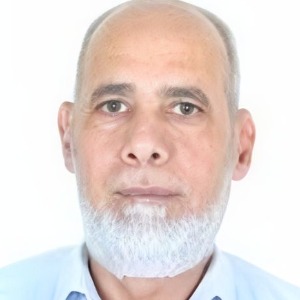














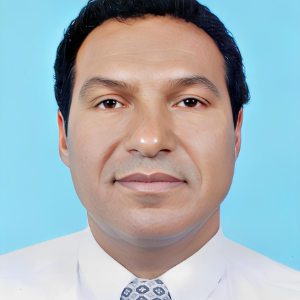

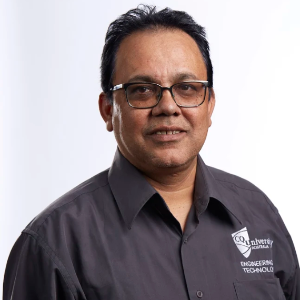
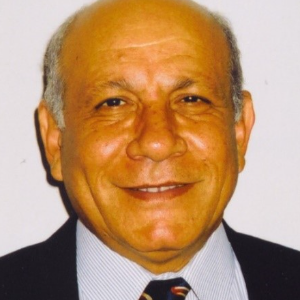











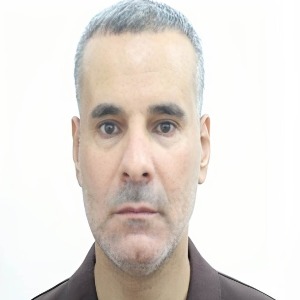





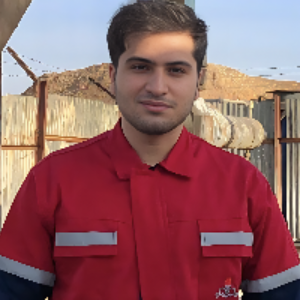

Title : Mature field evaluation and redevelopment case histories and lessons
Sharma Dronamraju, AKD Professional Solutions Inc., United States
Mature fields meet one or more of the following criteria: fields that have produced for more than 25 years, fields that have produced water cuts of around 95%, fields that have been neglected during low demand such as now, fields that are currently in operation with obsolete tech [....] » Read More
Title : Advancements in vacuum insulated technologies for energy efficiency and sustainable temperature sensitive logistics
Saim Memon, Sanyou London Pvt Ltd, United Kingdom
Vacuum insulated energy materials, such as Vacuum Insulated Wallpaper (VIW), Vacuum Insulation Panels (VIP), and Decorative Integrated VIP, represent pivotal industrial R&D developments aimed at reducing heating (in cold-arid regions) or cooling (in hot-arid regions) energy r [....] » Read More
Title : Unlocking heavy oil potential: Innovative thermal EOR for legacy wells
Amr Hassan, General Energy Recovery Inc. (GERI), Canada
Globally, billions of barrels of heavy oil remain trapped in reservoirs due to the limitations of recovery techniques for legacy wells. While thermal methods like SAGD, CSS, and steam drive have revolutionized enhanced oil recovery (EOR) in thermally cased and cemented wells, tho [....] » Read More
Title : Implementation of tubing patch and straddle packer for rigless solutions
Guido Gabriel Piccone, ADNOC Onshore, United Arab Emirates
This paper examines a cost-effective approach for maintaining production while avoiding high workover expenses by utilizing tubing patch technology to address tubing leaks without rig interventions. Tubing patches offer a rigless repair solution, reducing operational costs and do [....] » Read More
Title : Well design optimization in high H2S conditions
Andrey Yugay, ADNOC Onshore, United Arab Emirates
The production of sour gas, characterized by high concentrations of hydrogen sulfide (H?S), presents significant challenges to well integrity and corrosion management. This paper is about cost optimization based on the latest in-house experience and actual field verification. As [....] » Read More
Title : Design and testing of electrical capacitance tomography sensors for oil pipeline monitoring
Sidi Mohamed Ahmed Ghaly, Imam Mohammad Ibn Saud Islamic University, Saudi Arabia
Electrical Capacitance Tomography (ECT) is a valuable non-invasive technique used to monitor multiphase flow processes, especially within industrial pipelines. This study focuses on the design, testing, and performance comparison of ECT sensors configured with 8, 12, and 16 elect [....] » Read More
Title : Automation of crude oil emulsion analysis using advanced colloidal technology
Mohammed Alaboalirat, Saudi Aramco, Saudi Arabia
Crude oil emulsions form during extraction processes when water becomes finely dispersed within crude oil—a phenomenon that occurs naturally due to the simultaneous presence of oil and water under high-pressure subterranean conditions. Analyzing the destabilization of water [....] » Read More
Title : Underwater welding technology with application of cyber physical system
Bhargav Adhyapak, Oil India Limited, India
Introduction: Welding demand in offshore and marine applications is increased with the increasing in oil and gas activities as well as increasing in the marine transportation and industrial applications. Applications of underwater welding well be increased in Kuwait in the c [....] » Read More
Title : Decarbonization using operation data intelligence and digital twin technology
Ashmidha L R, Oil and Natural Gas Corporation, India
To achieve net-zero targets by 2070, ONGC has prepared a roadmap to reach net-zero for its Scope 1 and Scope 2 emissions by 2038. Currently, Scope 1 emissions account for 26.5% of total emissions and the primary contributors to these emissions include captive power generation, [....] » Read More
Title : Biostimulation and bioaugmentation in the presence of plant rhizosphere for the petroleum polluted soil treatment
Farhana Maqbool, Hazara University Mansehra, Pakistan
Present study demonstrates the systematic strategies of bioremediation in the highly crude oil contaminated soil of Shengli oil field near Yellow River Delta China. Breakdown of the crude oil contaminant by soil microbial community in the bioremediation was enhanced due to the pr [....] » Read More
Title : Deriving a correlation of cementation factor in one of Libyan sandstone reservoirs
Hassan Sbiga, Petroleum Research Center, Libya
The understanding of reservoir rock properties such as porosity, permeability, water saturation, and resistivity assists engineers to improve the characterization of the reservoir, and the cementation exponent m is an intrinsic property of the rock related to the geometry of the [....] » Read More
Title : Pre-post frac test data analysis for hydraulically fractured vertical tight oil well- Field case study
Mohamed Ali Tarassi, Waha Oil Company, Libya
Introduction: Reservoir Hydraulic fracture stimulation practice has proved to be a success to create highly conductive channels in the formations having very low permeability values as well as improving well hydrocarbon recovery across the united State and Europe for decades [....] » Read More
Title : Sand treatment using indigenously developed chemicals for vertical oil well- field case study
Mohamed Ali Tarassi, Waha Oil Company, Libya
Production of formation sand with reservoir fluid is common phenomenon in many heavy oil and gas fields/wells. Sand production in a well can cause restricted production or complete loss of production due to sanding of the well bore. If production rates are high enough to carry [....] » Read More
Title : Development of stranded gas in Eastern part of Indonesia (Maluku & Papua Province)
Herman Susilo, PT Pertamina Gas, Indonesia
Indonesian LNG business environment has shifted from an LNG exporter country to an LNG user country, especially for domestic market. To face the challenges of in accessing gas or LNG resources, many LNG downstream infrastructures have been developed in recent years, like the conv [....] » Read More
Title : Sustainable biofuel production from plant waste via secondary processing techniques
Gulziya Beisenbekova, Nazarbayev Intellectual School in the Direction of Chemistry and Biology, Kazakhstan
This research investigates the conversion of plant waste, specifically reeds and wood shavings, into biofuel through secondary processing techniques. In the Atyrau region of Kazakhstan, large amounts of plant waste such as reeds, dry branches, and wood shavings are left unused, c [....] » Read More
Title : Pre-post frac test data analysis for hydraulically fractured vertical tight oil well- Field case study
Tarek S Duzan, Waha Oil Company, Libya
Hydraulic fracture stimulation practice has proved to be a success to create highly conductive channels in the formations having very low permeability values as well as improving well hydrocarbon recovery across the united State and Europe for decades. This technology became an e [....] » Read More
Title : Permeability reduction threats and the opportunity to enhance well productivity in geothermal tight sandstone reservoir
Tarek S Duzan, Waha Oil Company, Libya
Introduction: Reservoir Permeability is a lifeline of hydrocarbon in a reservoir in which fluid travels through to wellbore. hence, any changes in nearby wellbore formation permeability will be tangible through oil rate at surface. If this effective permeability changed nega [....] » Read More